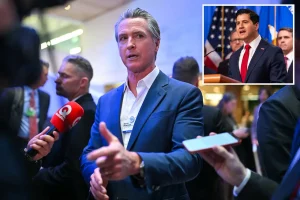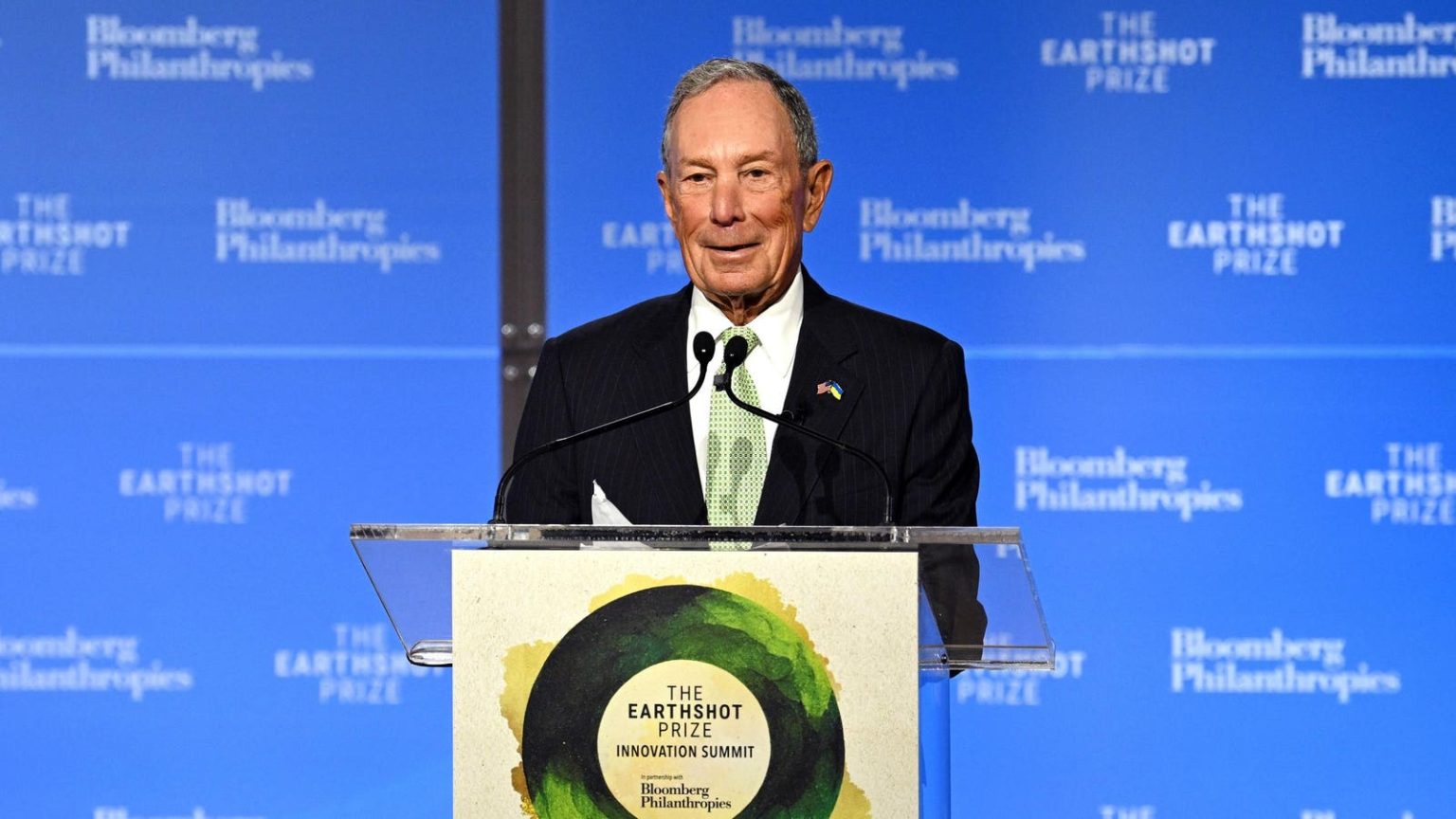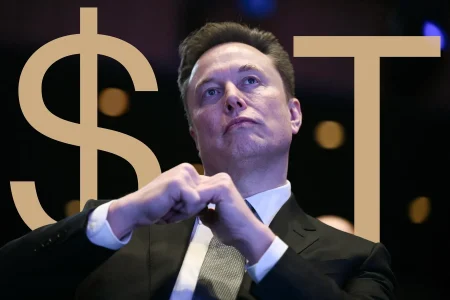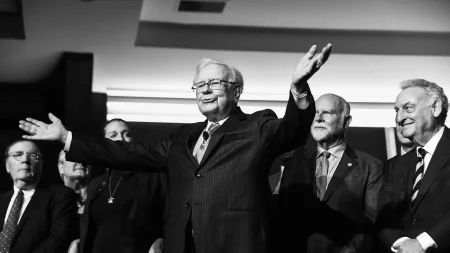Bloomberg Steps Up to Fill U.S. Funding Gap in UN Climate Change Efforts
Billionaire philanthropist Michael Bloomberg has pledged to cover the United States’ financial obligations to the United Nations climate change program following the Trump administration’s withdrawal from the Paris Climate Agreement. This marks the second time the former president has pulled the U.S. out of the accord, and Bloomberg’s intervention ensures the continuation of vital climate work amidst political uncertainty. Bloomberg Philanthropies, along with other unnamed U.S. climate funders, will provide the necessary resources to uphold the nation’s commitment to global climate action. This commitment includes covering the financial gap left by the U.S. government’s withdrawal and fulfilling reporting obligations to the UN Climate Change secretariat (UNFCCC), the leading UN body responsible for international climate negotiations and agreement implementation.
A History of Climate Action Philanthropy: Bloomberg’s Continued Support for the Paris Agreement
This isn’t the first time Bloomberg has stepped up to fill the void left by the U.S. government’s withdrawal from the Paris Agreement. Between 2017 and 2020, following the initial withdrawal under the Trump administration, Bloomberg similarly provided funding to ensure the U.S. met its financial commitments to the UN climate program. As former mayor of New York City, co-founder of Bloomberg Media, and special envoy to the UN, Bloomberg has a long history of championing climate action and environmental sustainability. His renewed commitment underlines the critical role of private philanthropy in addressing climate change, especially when governmental support waivers. While the exact amount of the donation and the identities of other contributing funders remain undisclosed, the commitment signifies a substantial investment in international climate cooperation.
Trump’s Rationale for Withdrawal: Prioritizing American Economic Interests
The Trump administration’s decision to withdraw from the Paris Agreement stems from a belief that the accord disadvantages the United States economically. Citing potential harm to the American economy, Trump argued that the agreement prioritizes other countries’ interests over those of the U.S. This rationale echoes his 2017 justification for the initial withdrawal, where he claimed the agreement unfairly burdened the United States while benefiting other nations. Trump formalized the recent withdrawal through an executive order, emphasizing his administration’s focus on protecting American economic interests in international agreements.
The Paris Agreement: A Voluntary Global Pact to Combat Climate Change
The Paris Agreement, adopted in 2015, represents a landmark global effort to address climate change. Signed by nearly all UN member states, the agreement establishes a voluntary framework for countries to reduce greenhouse gas emissions and mitigate the effects of global warming. The pact acknowledges the urgent threat of climate change and calls for a progressive and effective response. Despite being largely voluntary, with no punitive measures for failing to meet self-set targets, the agreement encourages international cooperation and transparency in addressing climate change. Participating countries are required to submit regular reports on their greenhouse gas emissions and outline their plans for emissions reduction every five years. The agreement also emphasizes the importance of supporting developing nations in adapting to the impacts of climate change.
The Impact of U.S. Withdrawal and Bloomberg’s Intervention
The U.S. withdrawal from the Paris Agreement isolates the nation from the vast majority of the international community committed to combating climate change. With the withdrawal process taking approximately one year, the U.S. will join a small group of UN member states outside the agreement. This move stands in stark contrast to the Biden administration’s commitment to international climate action, which saw the U.S. contribute approximately $11 billion annually in international climate aid. Bloomberg’s intervention helps bridge the funding gap created by the U.S. withdrawal, ensuring the continuity of vital climate programs and maintaining the U.S.’s role in international climate cooperation, albeit through private funding. His commitment reinforces the importance of philanthropic initiatives in supporting global efforts to address climate change, particularly in the face of fluctuating governmental support.
Bloomberg’s Philanthropic Legacy and the Urgency of Climate Action
Bloomberg’s philanthropic endeavors extend far beyond climate change, with Bloomberg Philanthropies distributing $3.7 billion last year across various causes. His substantial donation to the UN climate program underscores his dedication to addressing the growing threat of climate change, particularly in light of recent climate-related disasters, such as the devastating wildfires in California. Bloomberg’s statement emphasizes the vital role of philanthropy in driving action at the local, state, and private sector levels, highlighting the increasing urgency of tackling the global climate crisis. With an estimated net worth exceeding $100 billion, Bloomberg’s continued philanthropic commitment serves as a significant contribution to global climate action and a demonstration of the private sector’s potential to address pressing global challenges.













